Related Research Articles

Lucian Blaga was a Romanian philosopher, poet, playwright, poetry translator and novelist. He is considered one of the greatest philosophers and poets of Romania, and a prominent philosopher of the twentieth century who due to the unfortunate circumstances surrounding his career is barely known to the outside world.
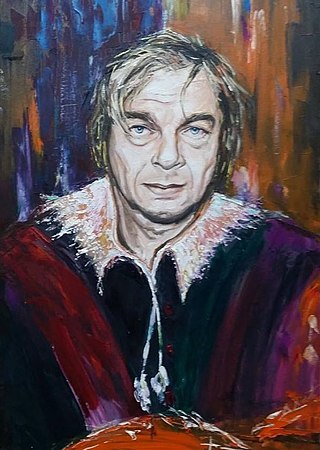
Nichita Stănescu was a Romanian poet and essayist.
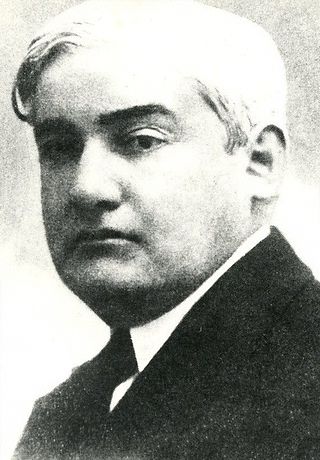
Eugen Lovinescu was a Romanian modernist literary historian, literary critic, academic, and novelist, who in 1919 established the Sburătorul literary club. He was the father of Monica Lovinescu, and the uncle of Horia Lovinescu, Vasile Lovinescu, and Anton Holban. He was elected to the Romanian Academy posthumously, in 1991.
Paul Goma was a Romanian writer, known for his activities as a dissident and leading opponent of the communist regime before 1989. Forced into exile by the communist authorities, he became a political refugee and resided in France as a stateless person. After 2000, Goma expressed opinions on World War II, the Holocaust in Romania and the Jews, claims which have led to widespread allegations of antisemitism.

Ion Negoiţescu was a Romanian literary historian, critic, poet, novelist and memoirist, one of the leading members of the Sibiu Literary Circle. A rebellious and eccentric figure, Negoiţescu began his career while still an adolescent, and made himself known as a literary ideologue of the 1940s generation. Moving from a youthful affiliation to the fascist Iron Guard, which he later came to regret, the author became a disciple of modernist doyen Eugen Lovinescu, and, by 1943, rallied the entire Sibiu Circle to the cause of anti-fascism. He was also one of the few openly homosexual intellectuals in Romania to have come out before the 1990s—an experience which, like his political commitments, is recorded in his controversial autobiographical writings.

Ion Dezideriu Sîrbu was a Romanian philosopher, novelist, essayist, and dramatist. An academic and theater critic, he was a victim of the communist regime, spending about 14 years as a political prisoner.

The Lucian Blaga National Theatre is in Cluj-Napoca, Romania, sharing its building with the Romanian Opera.

Eta Boeriu was a Romanian poet, literary critic and translator. Involved in the Sibiu Literary Circle, she was especially known for her work as a translator of Italian-language Renaissance literature.
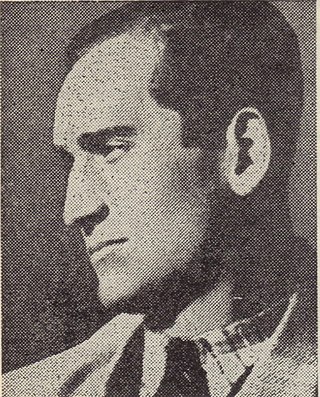
Radu Stanca was a Romanian poet, playwright, theatre director, theatre critic and theoretician.
François Bréda was a Hungarian-Romanian essayist, poet, literary critic, literary historian, translator and theatrologist.

George Ivașcu was a Romanian journalist, literary critic, and communist militant. From beginnings as a University of Iași philologist and librarian, he was drawn into left-wing antifascist politics, while earning accolades as a newspaper editor and foreign-affairs journalist. As editor of Manifest magazine, he openly confronted the Iron Guard and fascism in general. In the mid-1930s, he became a member of the Romanian Communist Party (PCdR), though he maintained private doubts about its embrace of Stalinism. Despite enjoying protection from the more senior scholar George Călinescu, Ivașcu was persecuted, and went into hiding, during the first two years of World War II. He reemerged as a pseudonymous correspondent, then editorial secretary, of the magazine Vremea, slowly turning it away from fascism. In parallel, he also contributed to the clandestine left-wing press and supported the resistance groups, preparing for an Allied victory.
Radu Țuculescu is a Romanian novelist, playwright, translator, journalist and a theatre director.

Ion Gavrilă Ogoranu was a member of the fascist paramilitary organization Iron Guard, who between 1948 and 1955, after the Soviet occupation of Romania and the establishment of the Romanian People's Republic, became the leader of an underground anti-communist paramilitary group in the Făgăraș Mountains.
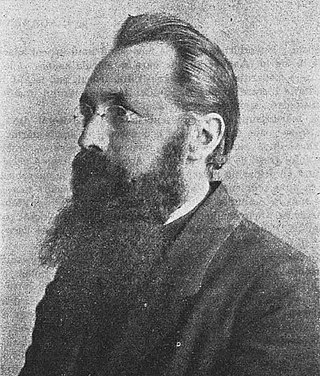
Ion Agârbiceanu was an Austro-Hungarian-born Romanian writer, journalist, politician, theologian and Greek-Catholic priest. Born among the Romanian peasant class of Transylvania, he was originally an Orthodox, but chose to embrace Eastern Catholicism. Assisted by the Catholic congregation of Blaj, he graduated from Budapest University, after which he was ordained. Agârbiceanu was initially assigned to a parish in the Apuseni Mountains, which form the backdrop to much of his fiction. Before 1910, Agârbiceanu had achieved literary fame in both Transylvania and the Kingdom of Romania, affiliating with ASTRA cultural society in 1912; his work was disputed between the rival schools of Sămănătorul and Poporanism. After a debut in poetry, he became a highly prolific author of novels, novellas, and other forms of prose, being rated as "Chekhovian" or "Tolstoyan" for his talents in describing the discreet suffering of common folk.

Lucia Aurora Demetrius was a Romanian novelist, poet, playwright and translator.
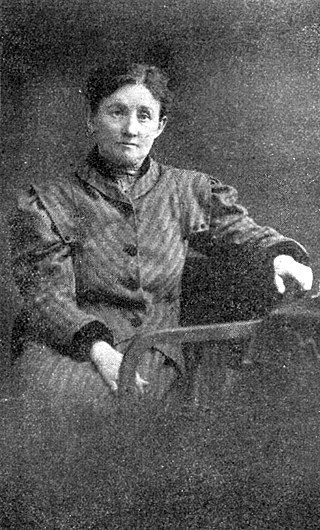
Maria Cunțan was an Austrian Empire-born Romanian poet.
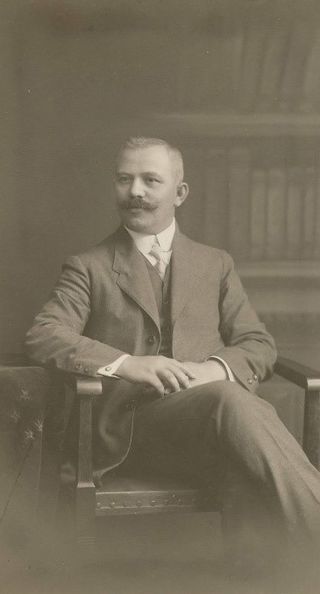
Ion Lapedatu was finance minister of Romania (1926–1927), Governor of the National Bank of Romania (1944–1945), and honorary member of the Romanian Academy.

Dumitru Popovici was a Romanian literary historian.
Alexandra Constantin was a Romanian set designer. She designed the set for the show 'Chiritza in Concert,' directed by Ada Milea at the National Theatre in Cluj, a production that won the UNITER Award for Best Play and Best Actress in a Leading Role in 2019.
Events from the year 1921 in Romania. The year saw the formation of the Romanian Communist Party out of the Socialist Party and subsequent imprisonment of the Communist leadership.
References
- Ovid S. Crohmălniceanu, Cercul literar de la Sibiu și influența catalitică a culturii germane, Bucharest: Editura Universalia, 2000. ISBN 973-99274-0-8
- Petru Poantă , Cercul literar de la Sibiu. Introducere în fenomenul originar, Cluj-Napoca: Clusium, 1997. ISBN 973-555-163-2
